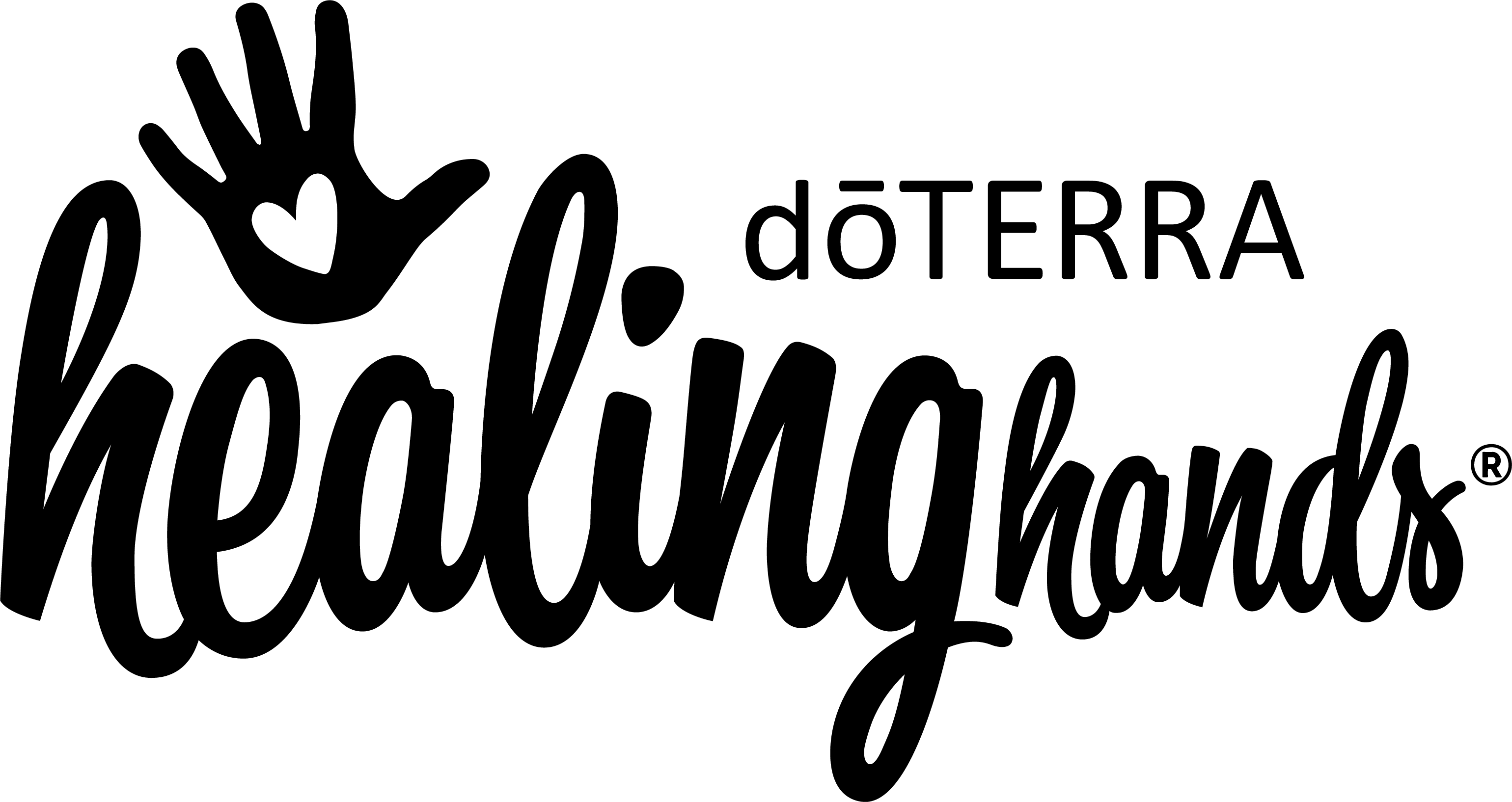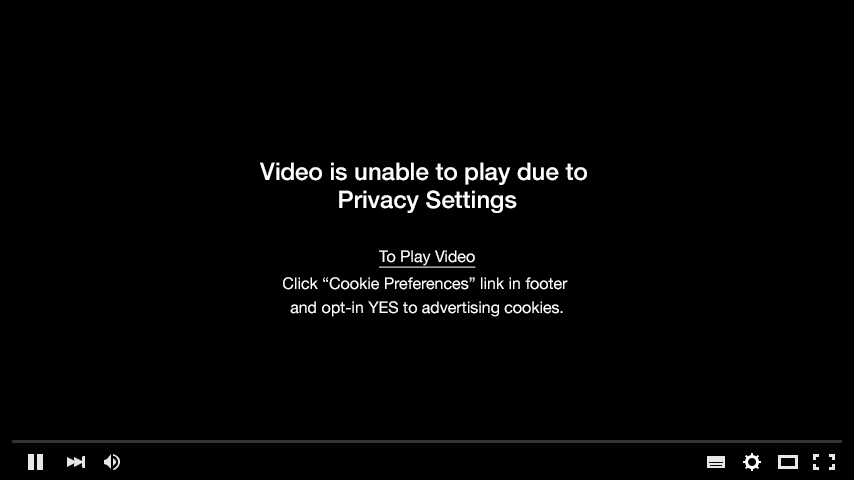Self-Reliance
Nearly 10% of the world’s population lives in extreme poverty, less than $1.90 per day, and struggles to fulfill basic needs like health, education, and access to clean water and sanitation. Additionally, 56% of primary school age children globally fail to achieve a minimum level of learning, which makes it difficult to get stable jobs as adults. Providing skills training, loan programs, and education opportunities helps set these individuals up for health and success.
Passionate about Self-Reliance?
Check out these ways you can Engage In Good at home. Or, take a look at the stories below for examples of how we’ve supported Self-Reliance projects around the world.
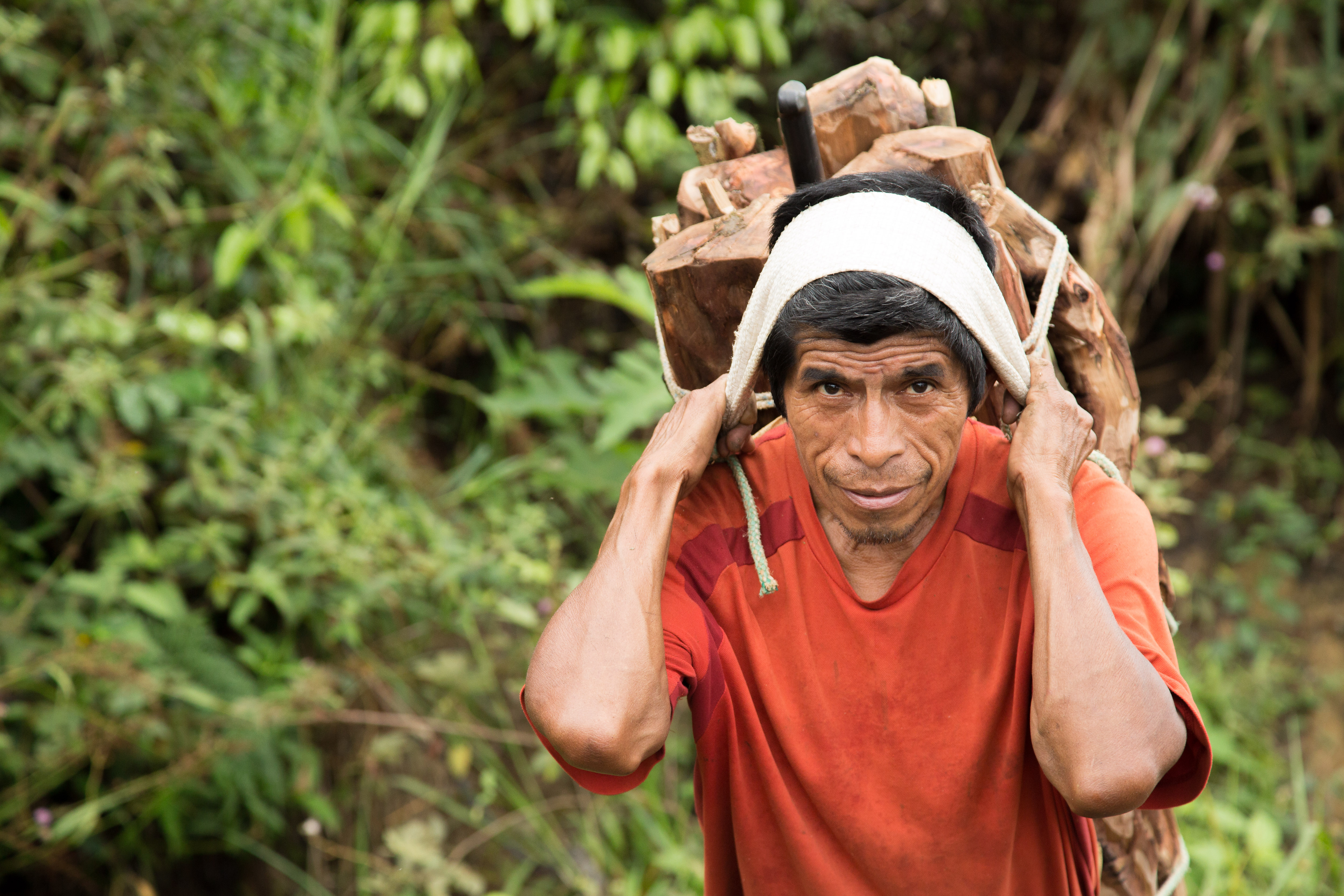
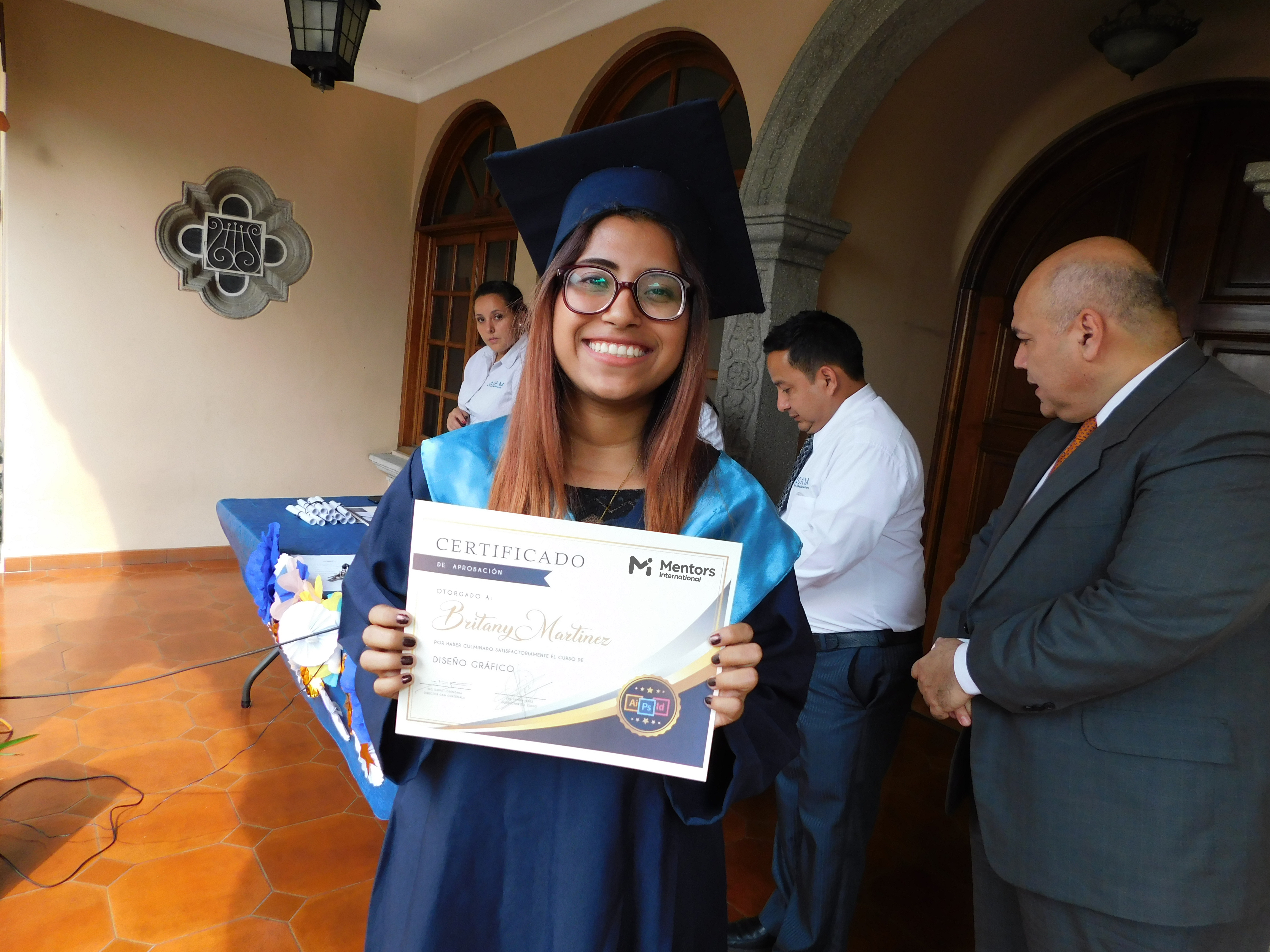
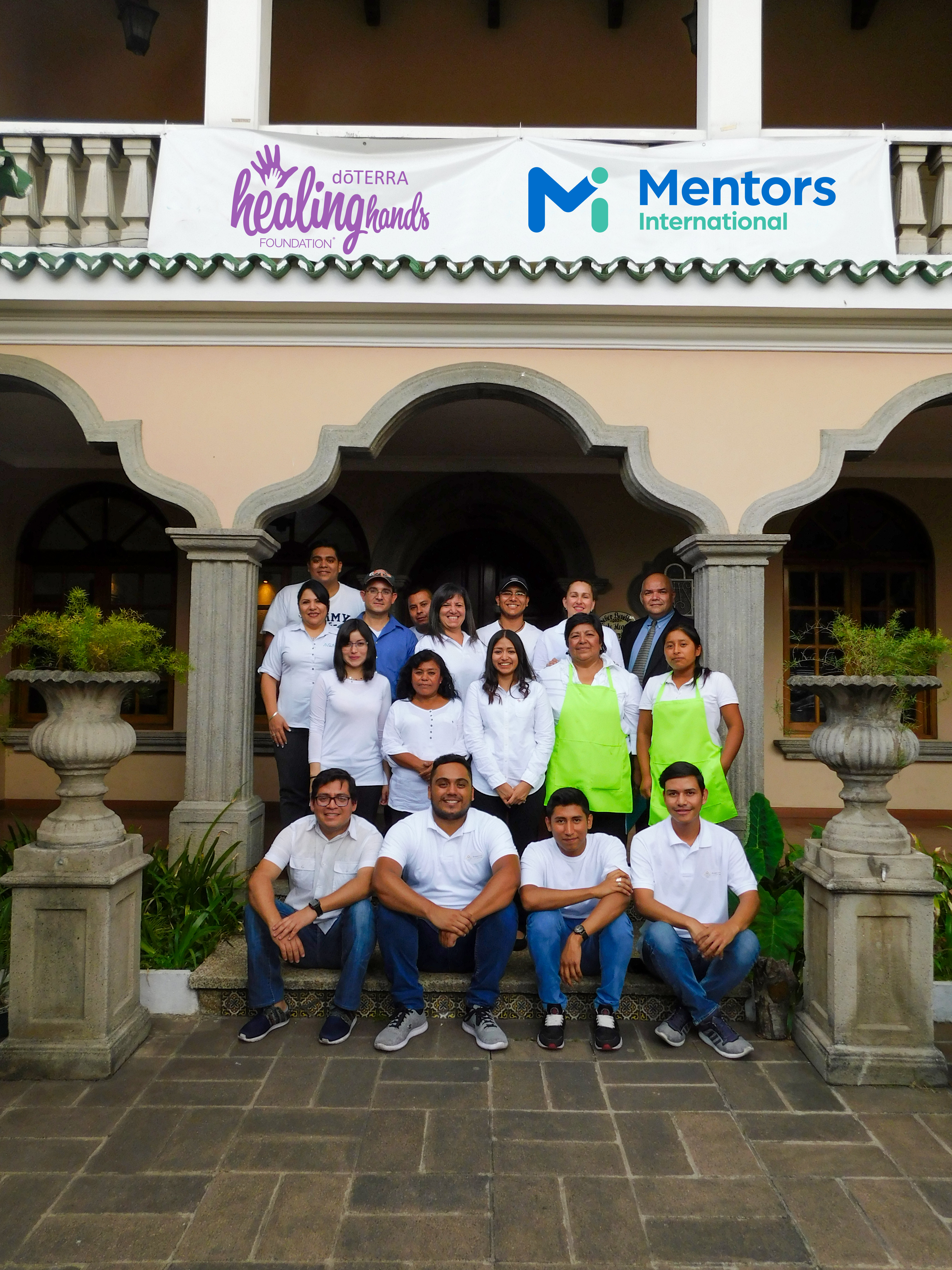
Breaking the Cycle of Poverty
One of the most significant roadblocks standing in the way of people overcoming poverty is a lack of education. Children in many developing countries go to work instead of school, because their parents can’t afford to pay for their education. Often, these parents couldn’t afford to attend school themselves, and therefore perpetuate the cycle of intergenerational poverty. And so, with no opportunities for advancement, these parents and children are forced to live lives of poverty, generation upon generation.
How to break this cycle? Provide education where there is none. Offer opportunities to hardworking families. Apply the resources we’ve been blessed with to impact the lives of those who would benefit from education.
This kind of thinking is exactly what inspired the Mentors International Center for Learning and Mentoring in Guatemala City. This center was established to assist individuals who lack the educational opportunities they need to rise above poverty. At the center, they can receive training in areas like entrepreneurship, business, sales, customer service, and leadership. They can even get specific training for skills like graphic design, computer engineering, and English language. Once students graduate, the center helps them find new employment opportunities and prepare for job interviews.
The unique thing about the Mentors International Center for Learning and Mentoring is how students qualify for classes. To pay for their courses, each student is required to perform 40 hours of service in his or her community to earn “service currency.” As the students serve in schools, hospitals, orphanages, senior care centers, and other areas of the community, they simultaneously earn credits that can be used at the center, affording them the education they seek and making their communities better in the process.
To further the center’s mission, the dōTERRA Healing Hands Foundation® provided financial support for training courses. With a center dedicated to providing accessible education, help from dōTERRA Healing Hands®, and hardworking people who can hardly wait to use their education and training to give their families better lives, this Mentors International® project is helping to break the cycle of poverty.
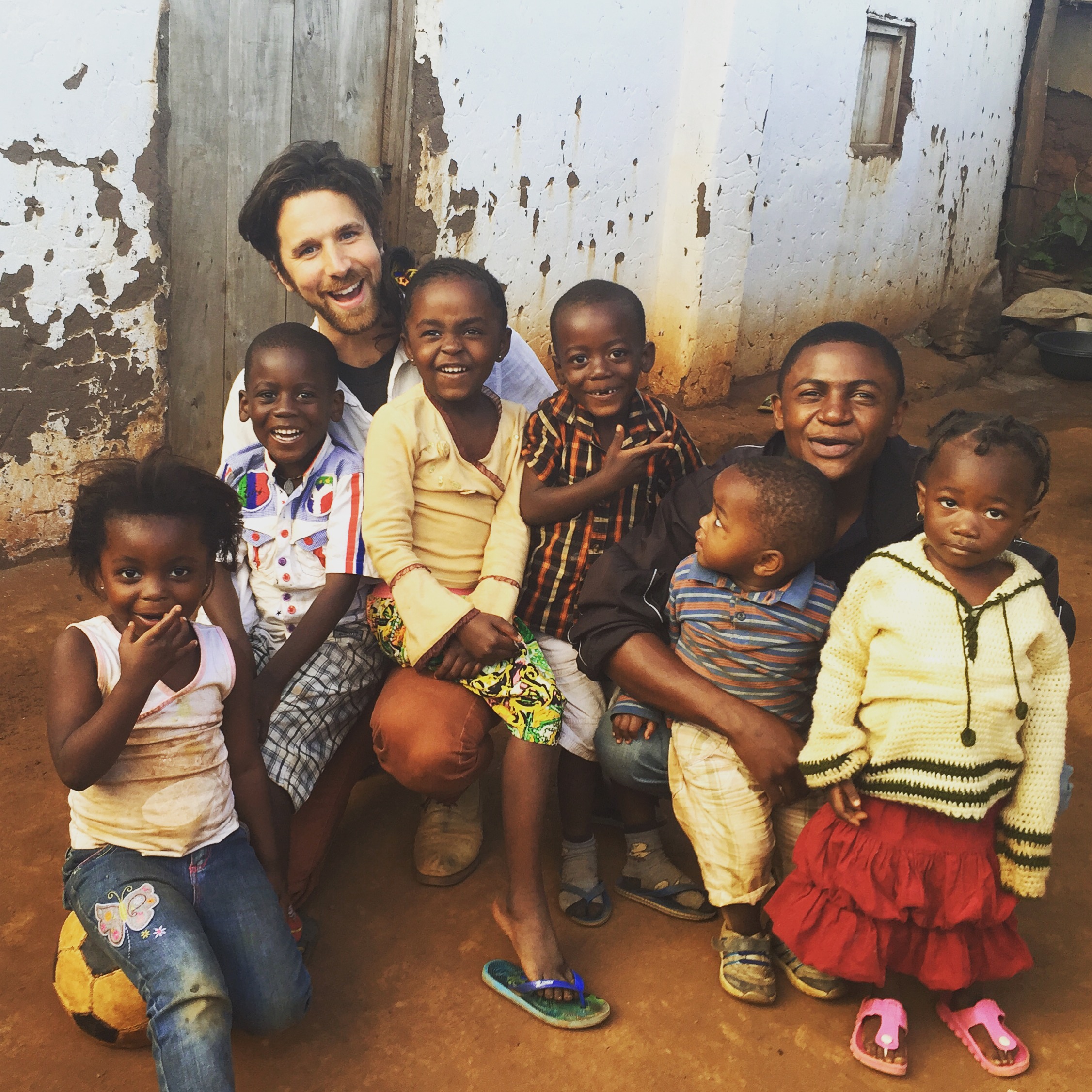

Hogs for Hope
For refugees who have fled their home countries in the hopes of finding safety and stability, it can be extremely difficult to support a family. This is particularly true for those living in the Dzaleka refugee camp in Malawi, who fled from genocide in countries like the Democratic Republic of Congo, Rwanda, Burundi, and Somalia. Some families have lived in this camp for nearly 20 years, raising generations while lacking food resources and economic stability.
Though many refugees are skilled, they can find themselves at a disadvantage when it comes to producing income and becoming self-reliant. With the Dzaleka refugee camp struggling with food sustainability, Diamond leader Katie Adams—who’s on the board for SOL Collaborative and has been involved in Malawi refugee projects in years past—knew she had to help. Together with an organization called Fountain of Hope, Katie worked with the refugees to determine a hog breeding program could help establish more secure food and income.
By bringing this hog breeding program to the Dzaleka camp, families are now enjoying greater self-reliance, as this industry helps to create wealth, reduce poverty, lower meat prices, improve crop production, and reduce malnutrition. Hogs were the ideal choice for the refugee camp because they’re highly reproductive, so they can quickly generate more income, and also omnivores, meaning they can be fed a wide variety of foods.
To help bring the hog breeding program to the Dzaleka camp, Katie reached out to the dōTERRA Healing Hands Foundation®, which has helped Katie with Malawi projects before. With a donation from the dōTERRA Healing Hands Foundation, Katie and the Fountain of Hope built a structure to shelter the hogs in the camp. It may seem simple, but by introducing hog breeding, refugees can now tackle what once were major survival challenges. They now have hope for improving their nutrition, becoming self-reliant, and rising from poverty.
Wellness Advocates that attended the 2018 Cō-Impact Sourcing® expeditions to Guatemala were able to participate in the cardamom harvesting process. Expeditioners also helped on the Sikaab’e expansion service project with the doTERRA Healing Hands Foundation, backfilling the location of the new workshop and moving the cinder blocks that will become its walls.
I’ve always been poor. My parents were poor. My children were going to be poor. But not anymore.
In this podcast episode, we sit down with Curtis Bennet, President and CEO of Mentors International a non-profit who has partnered with the doTERRA Healing Hands Foundation. The mission of Mentors International is to empower, train, and mentor the world’s impoverished.

